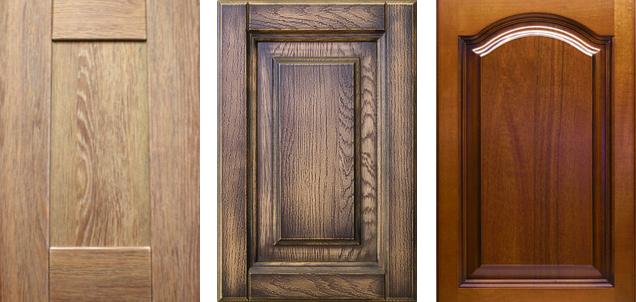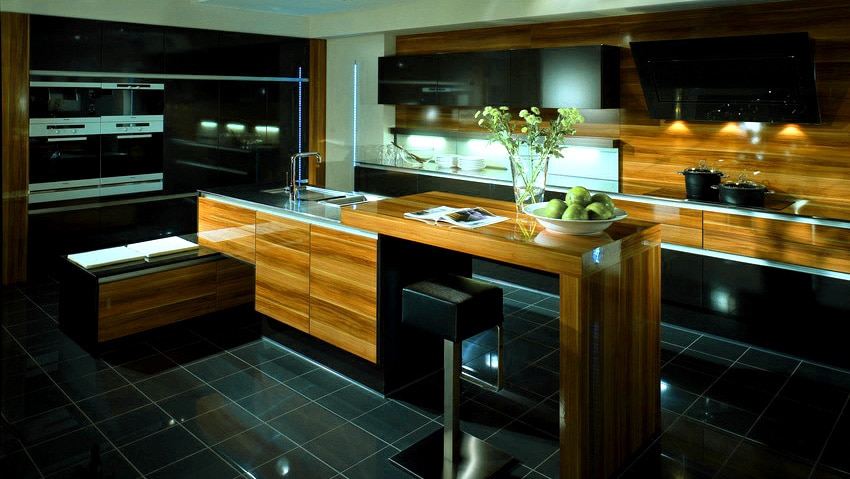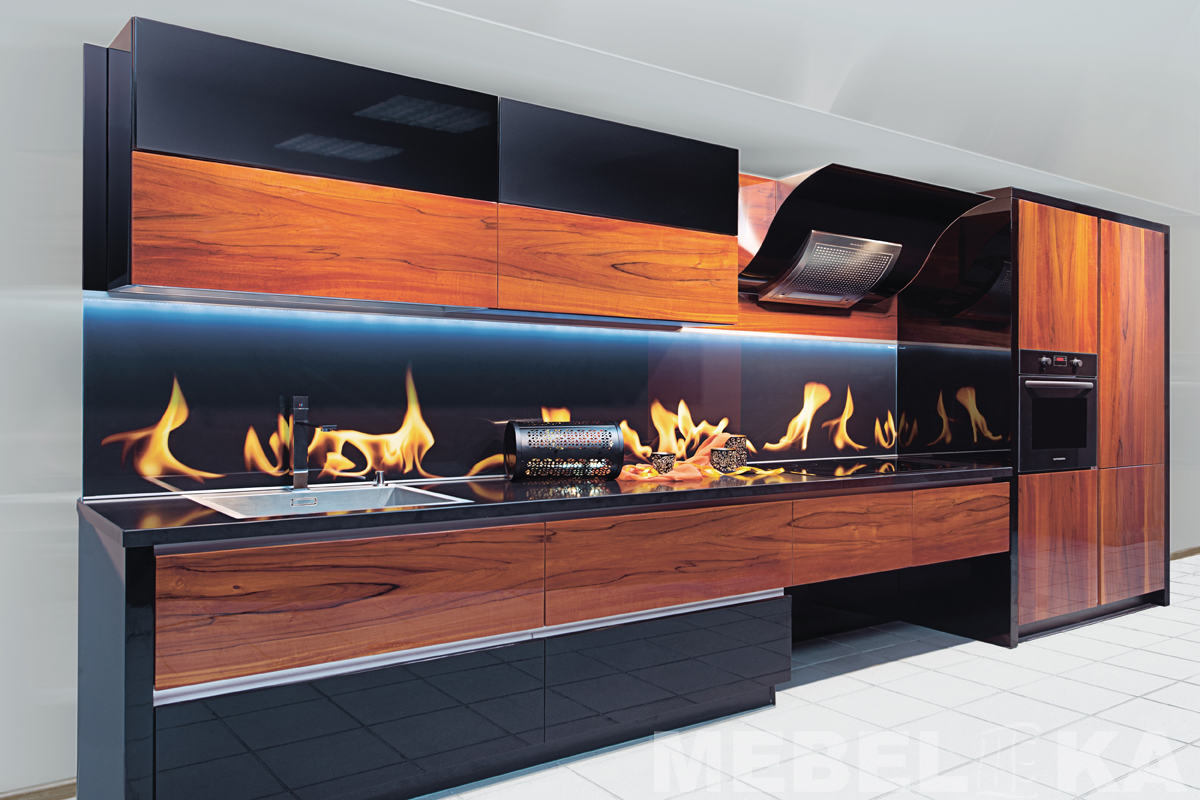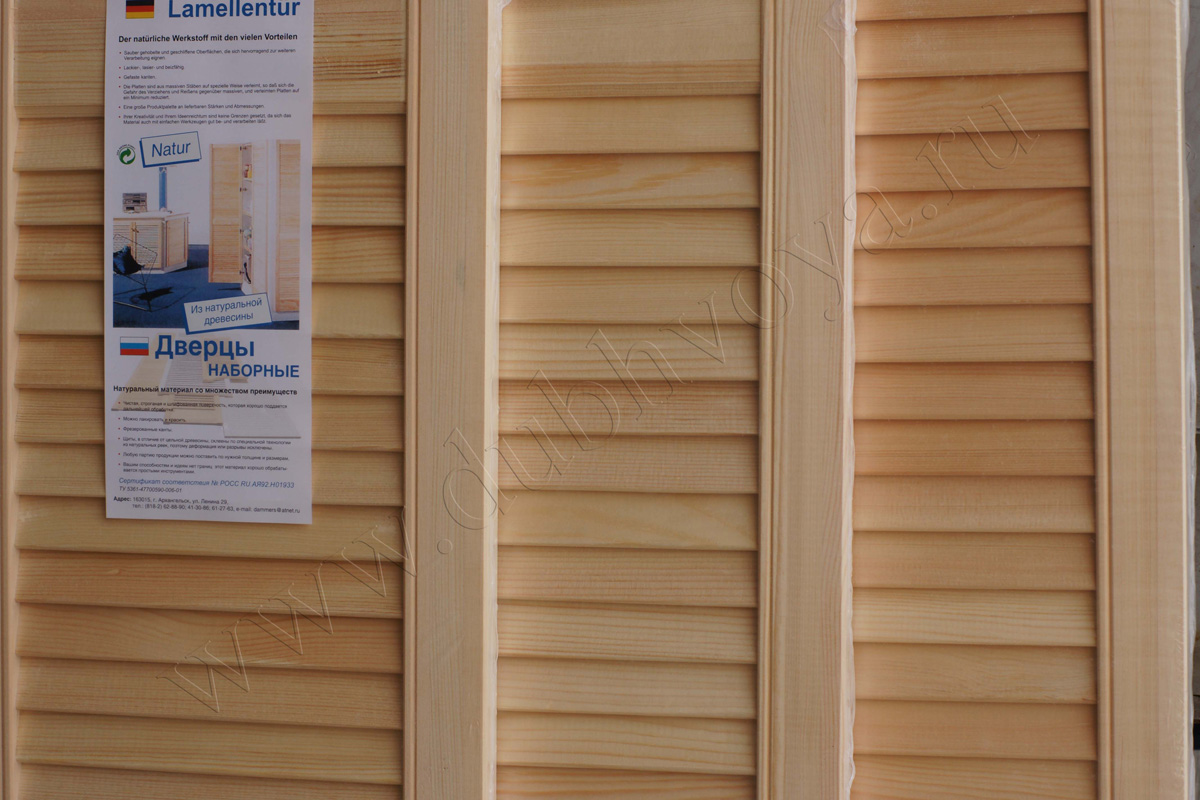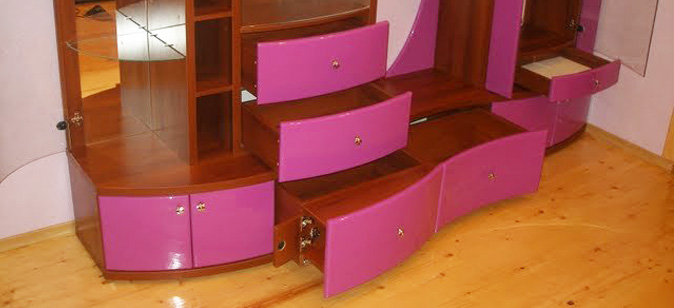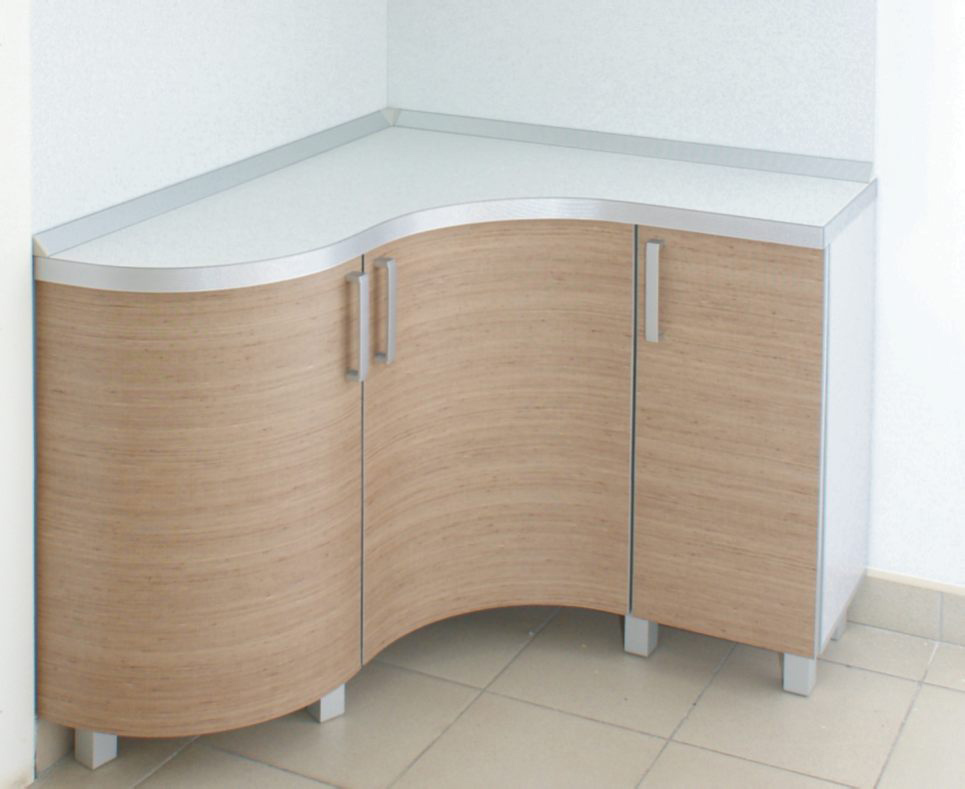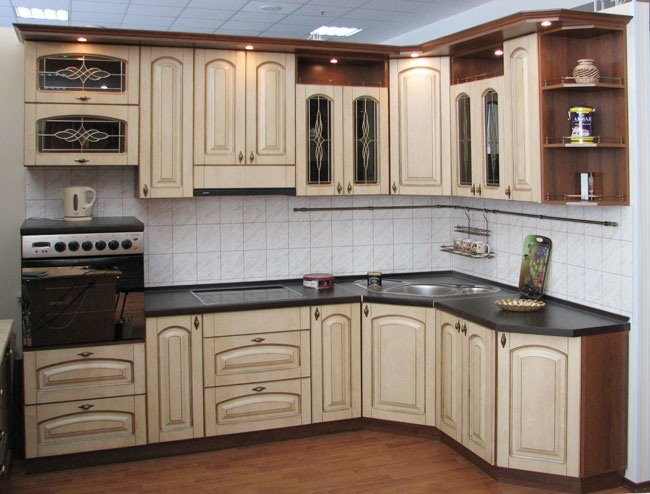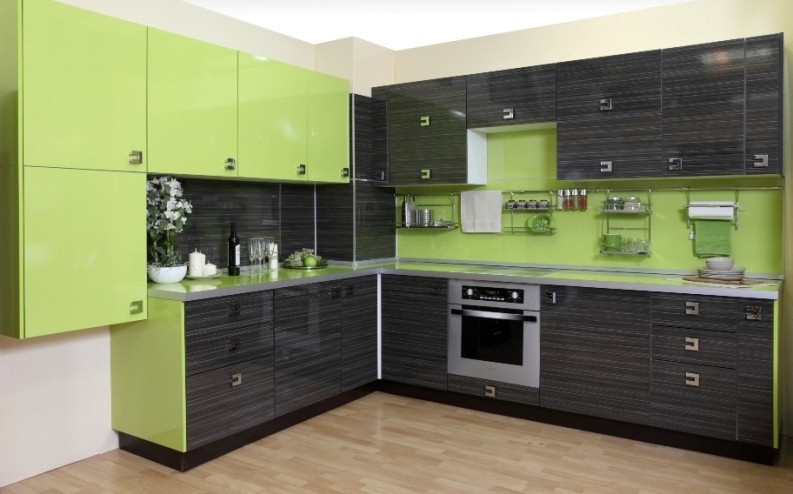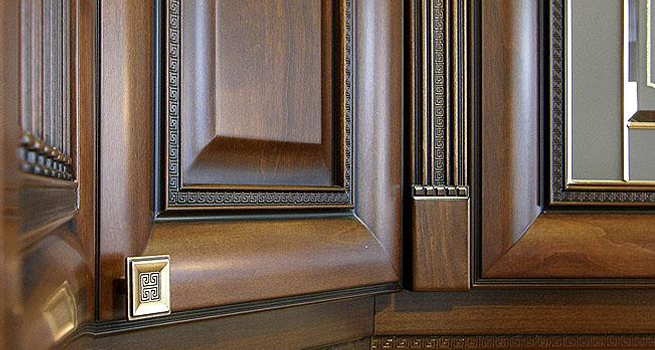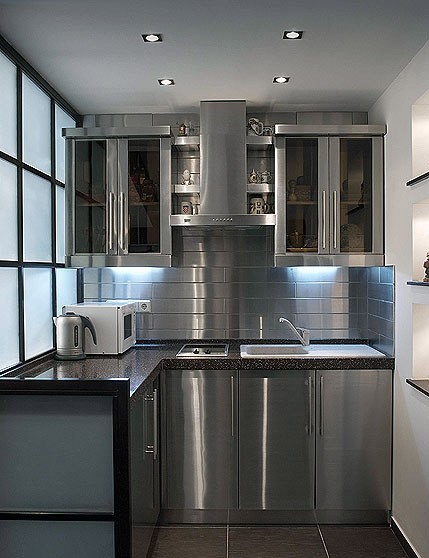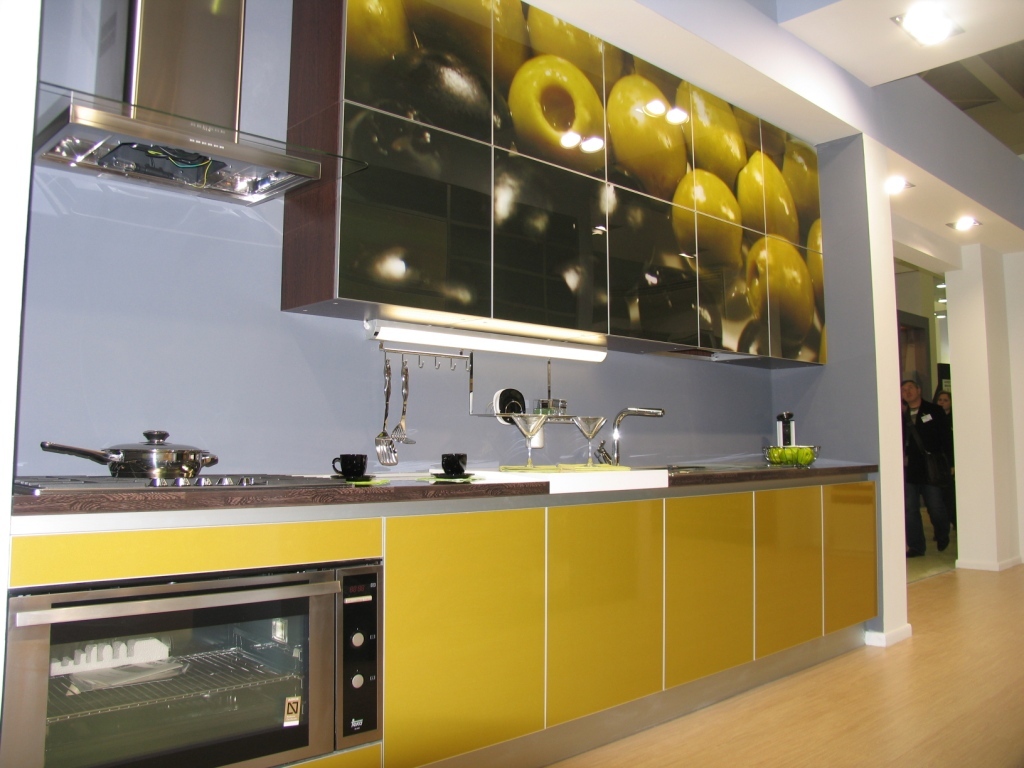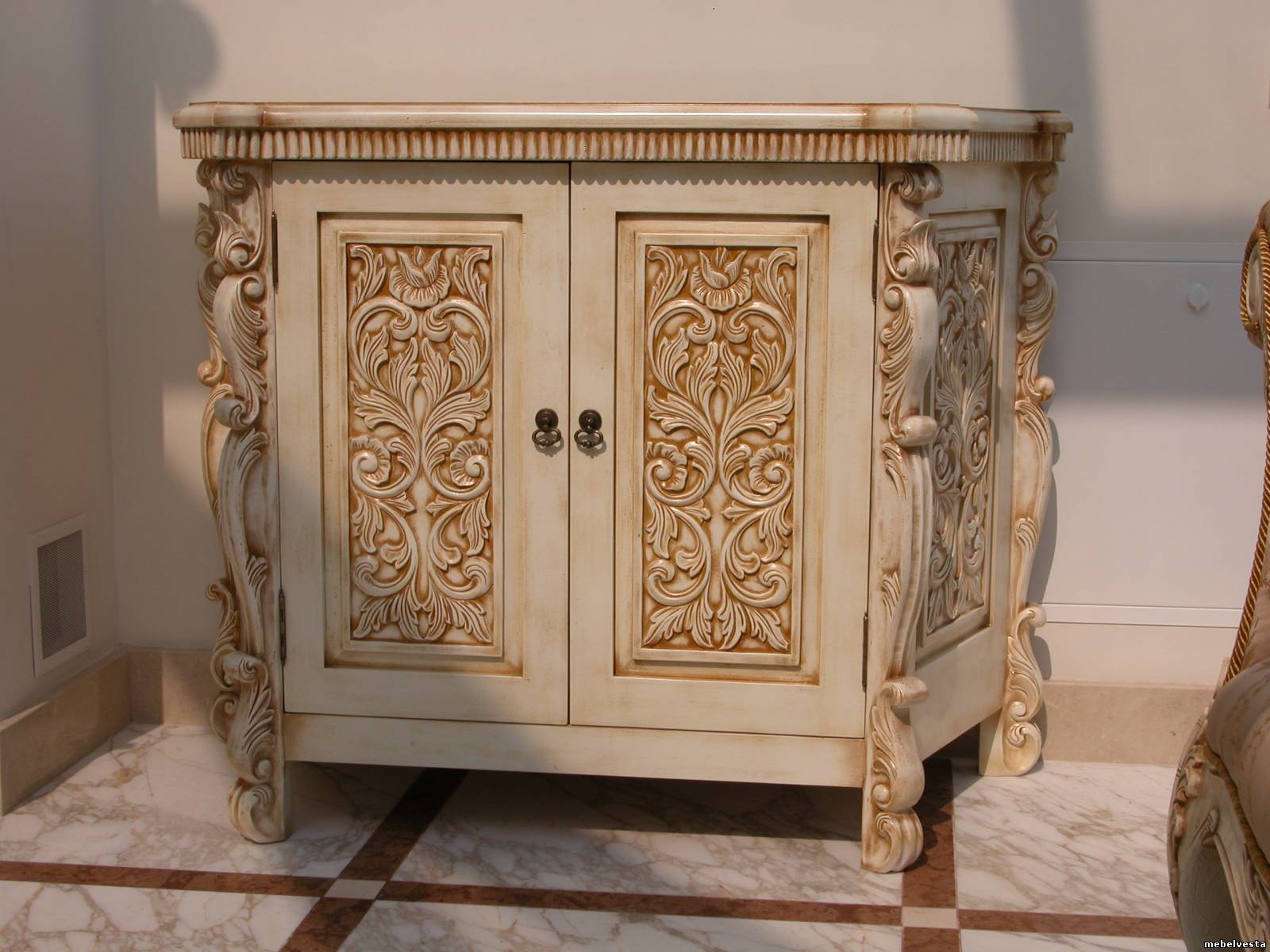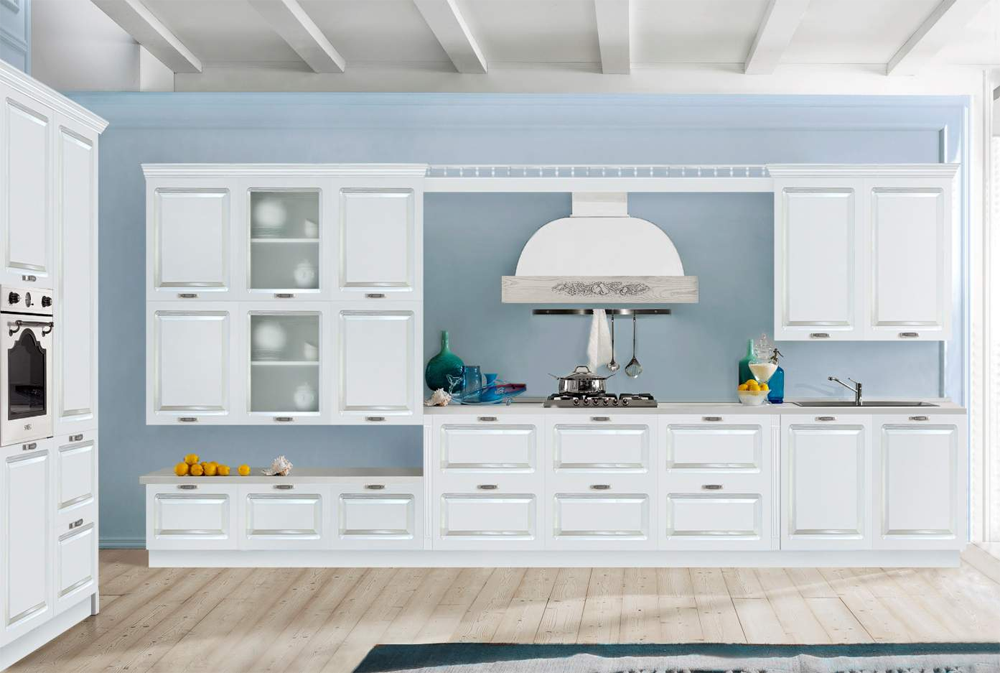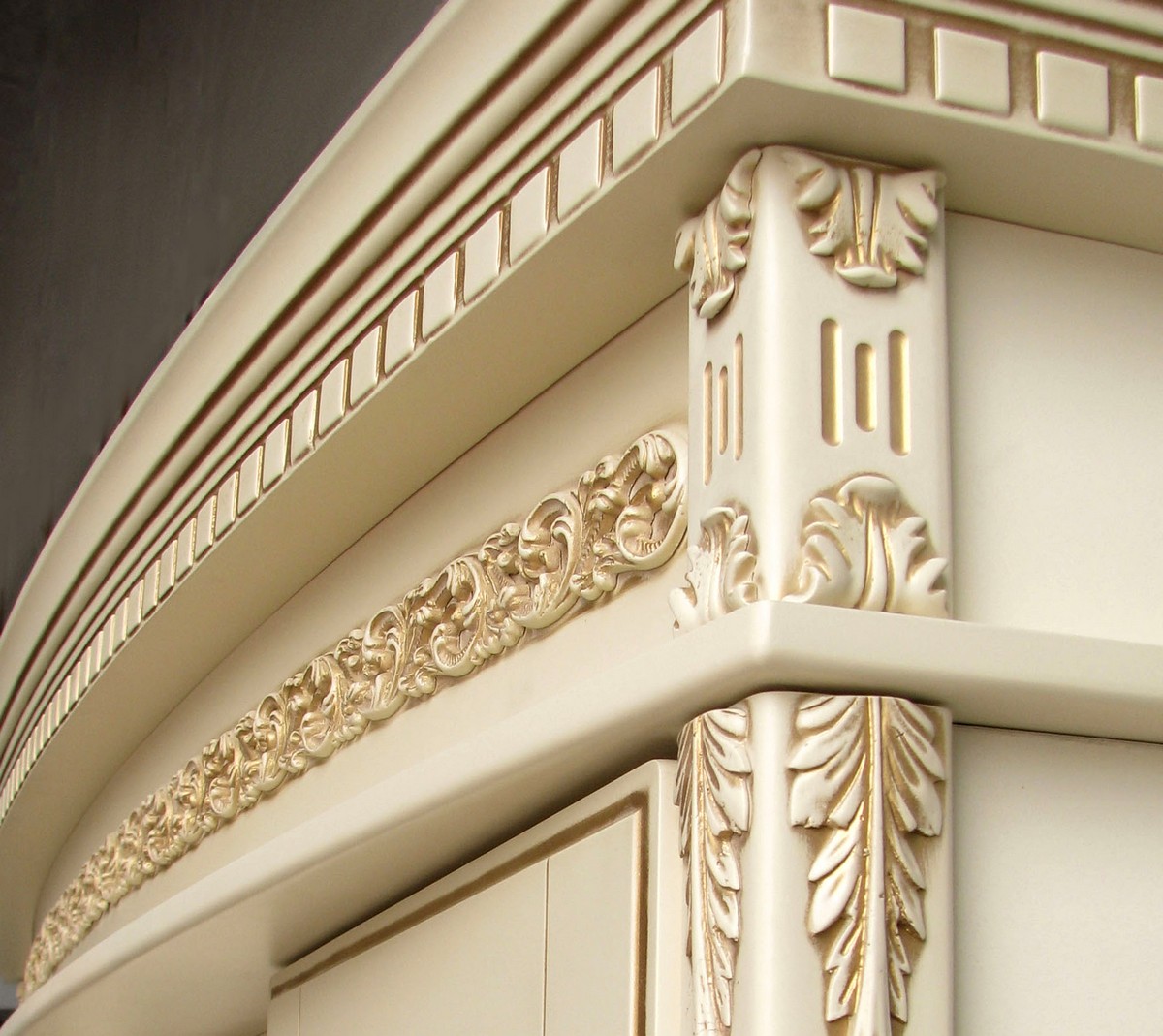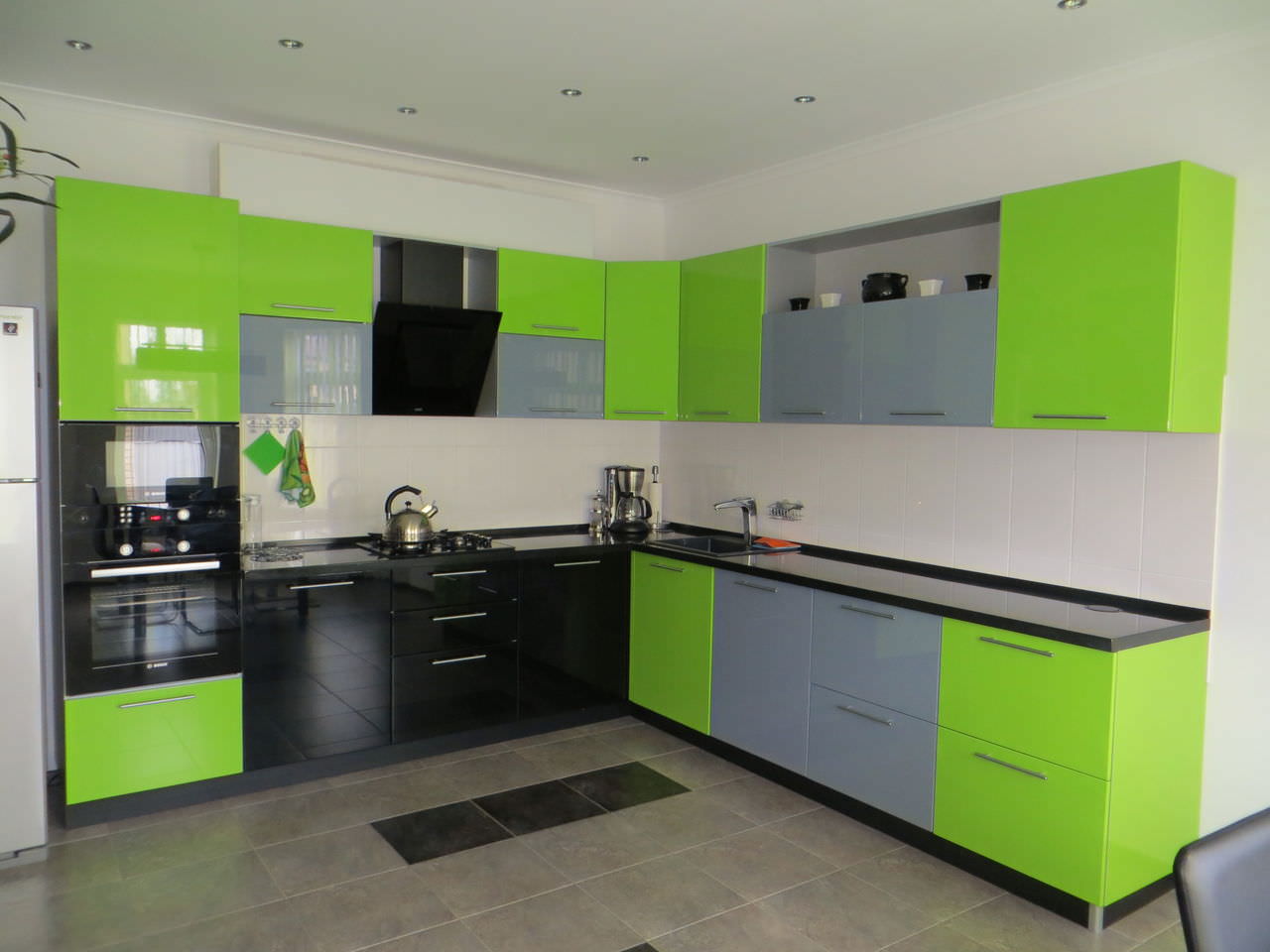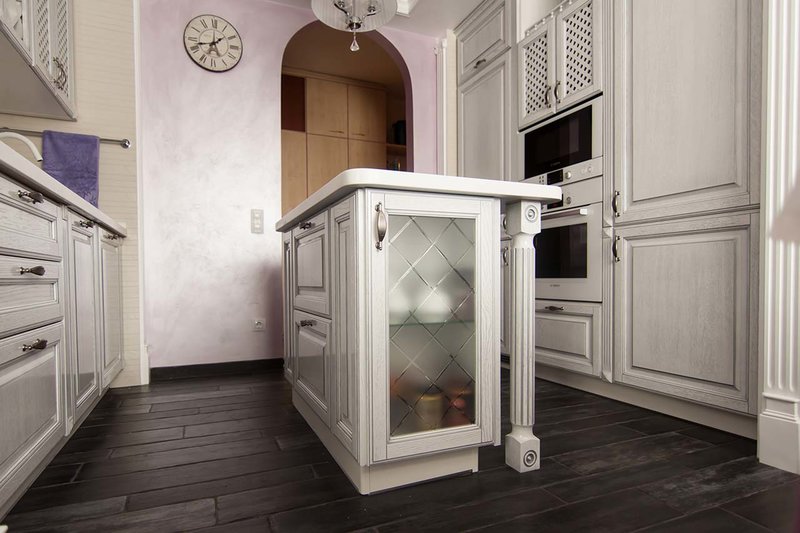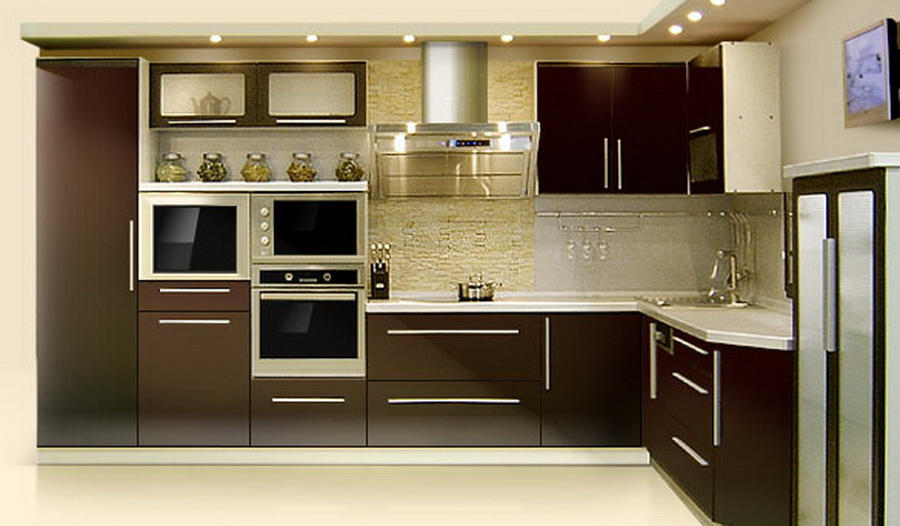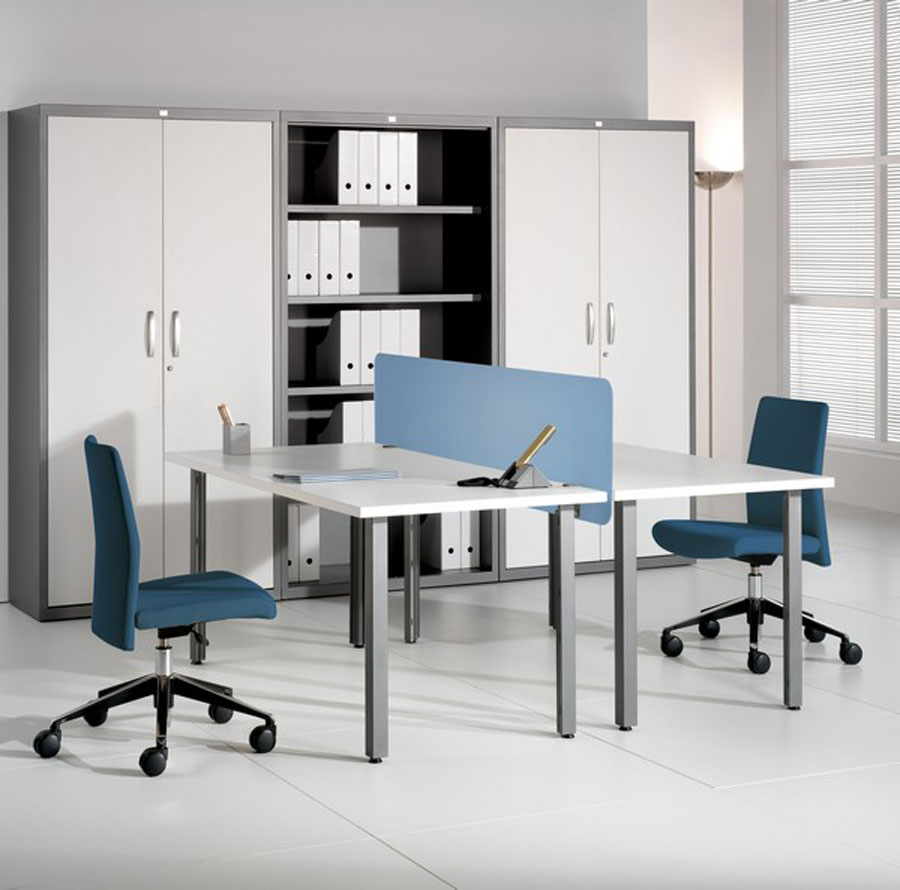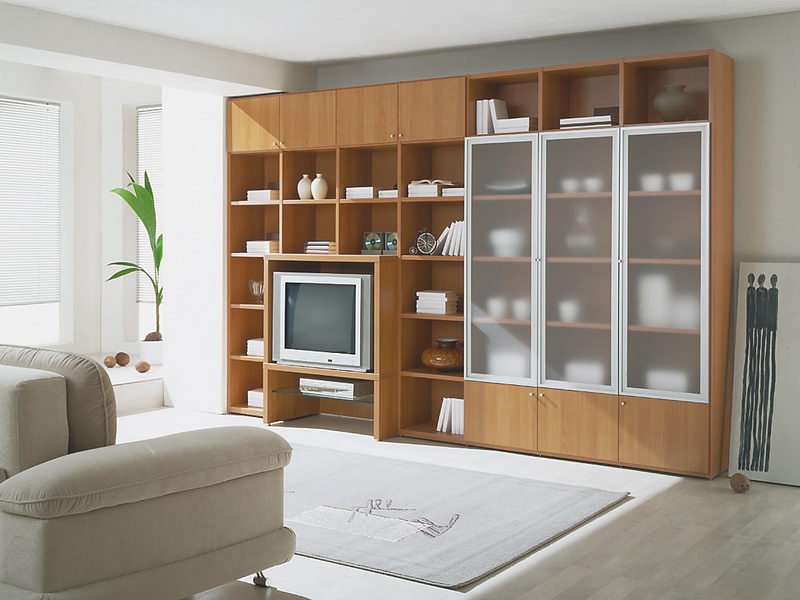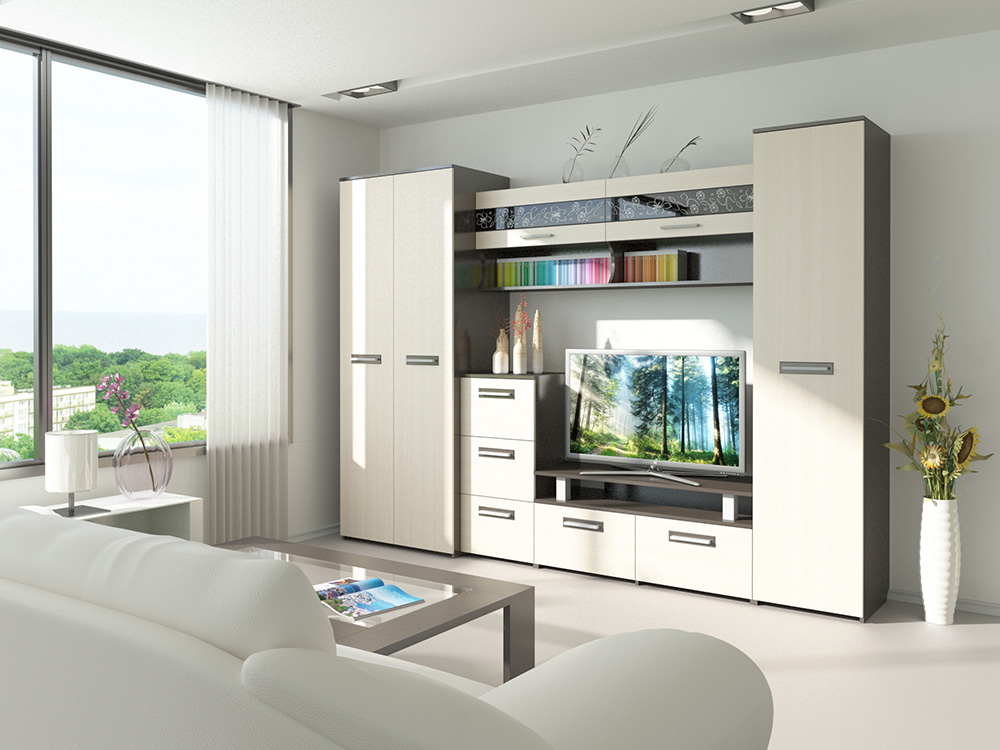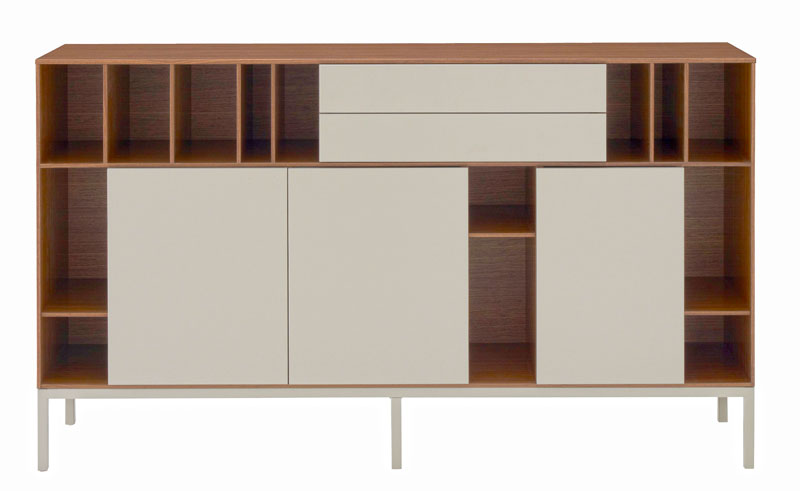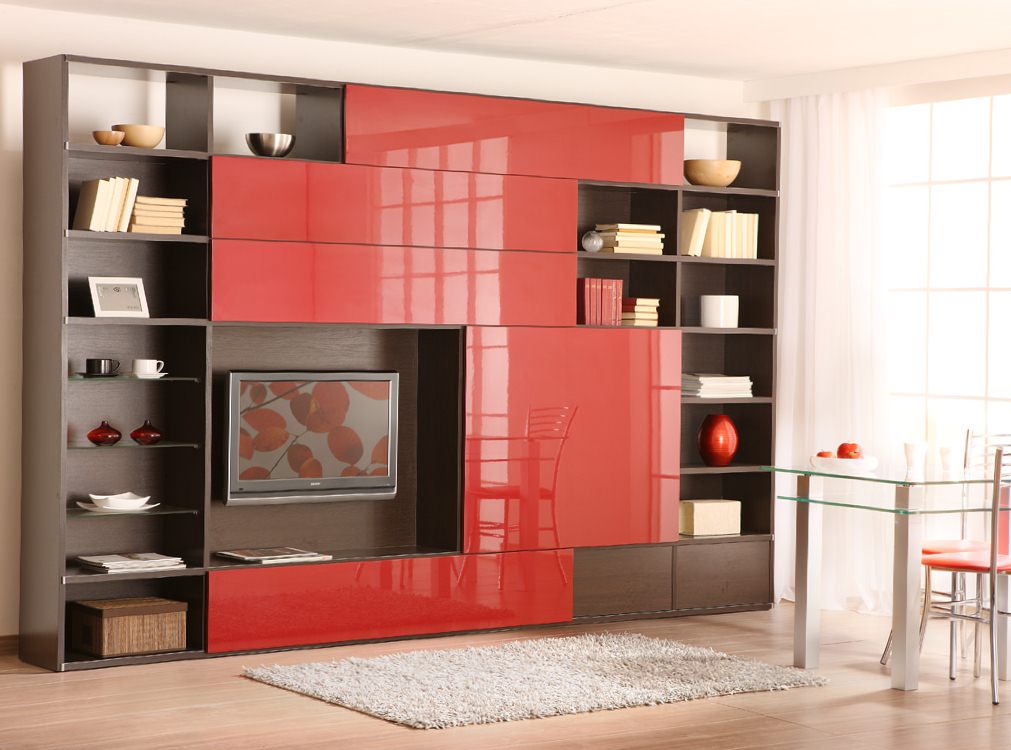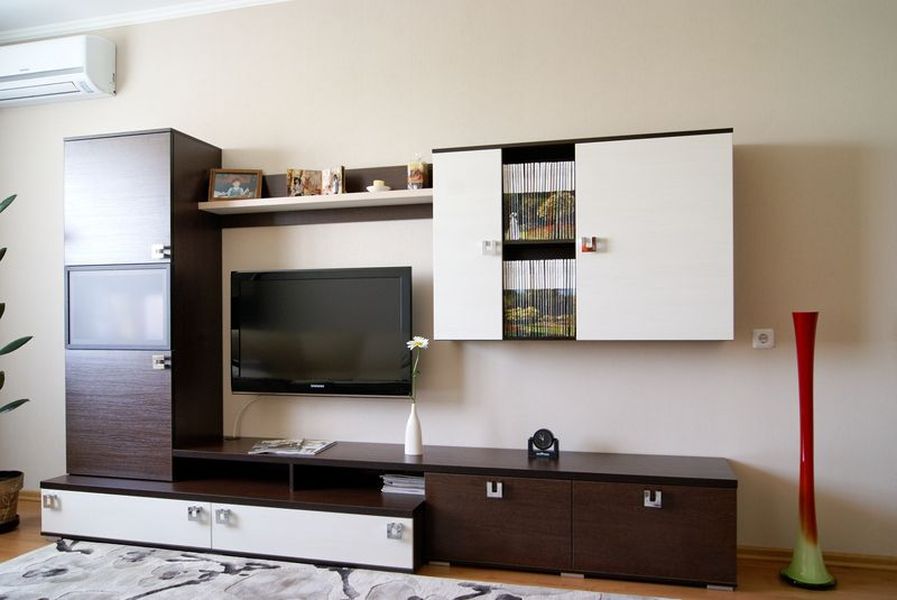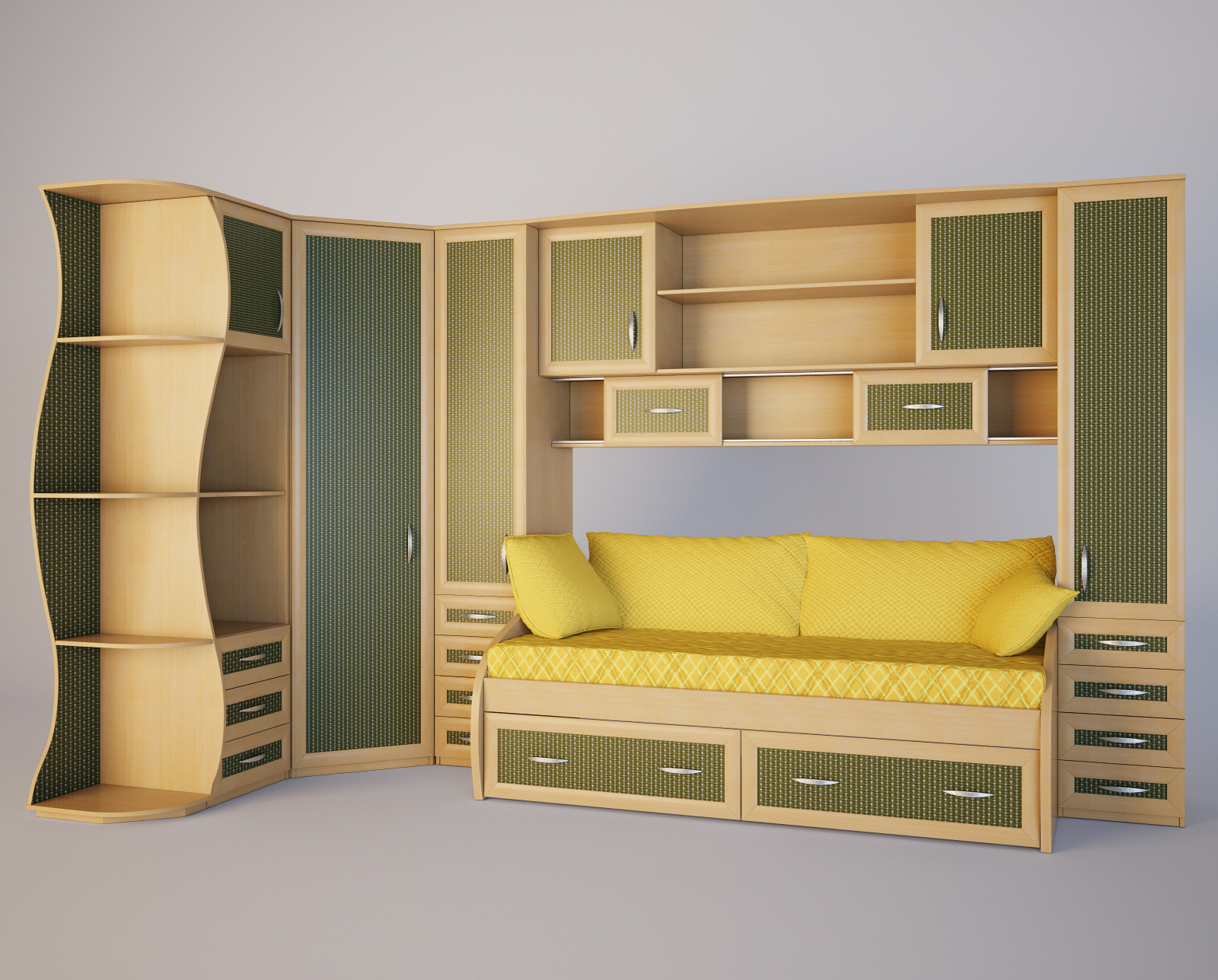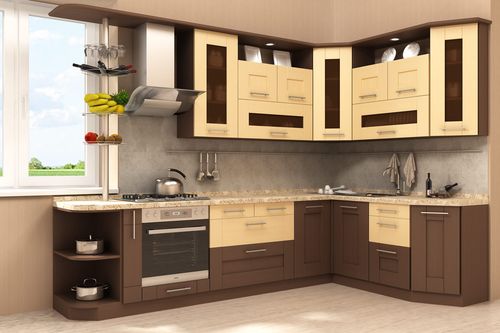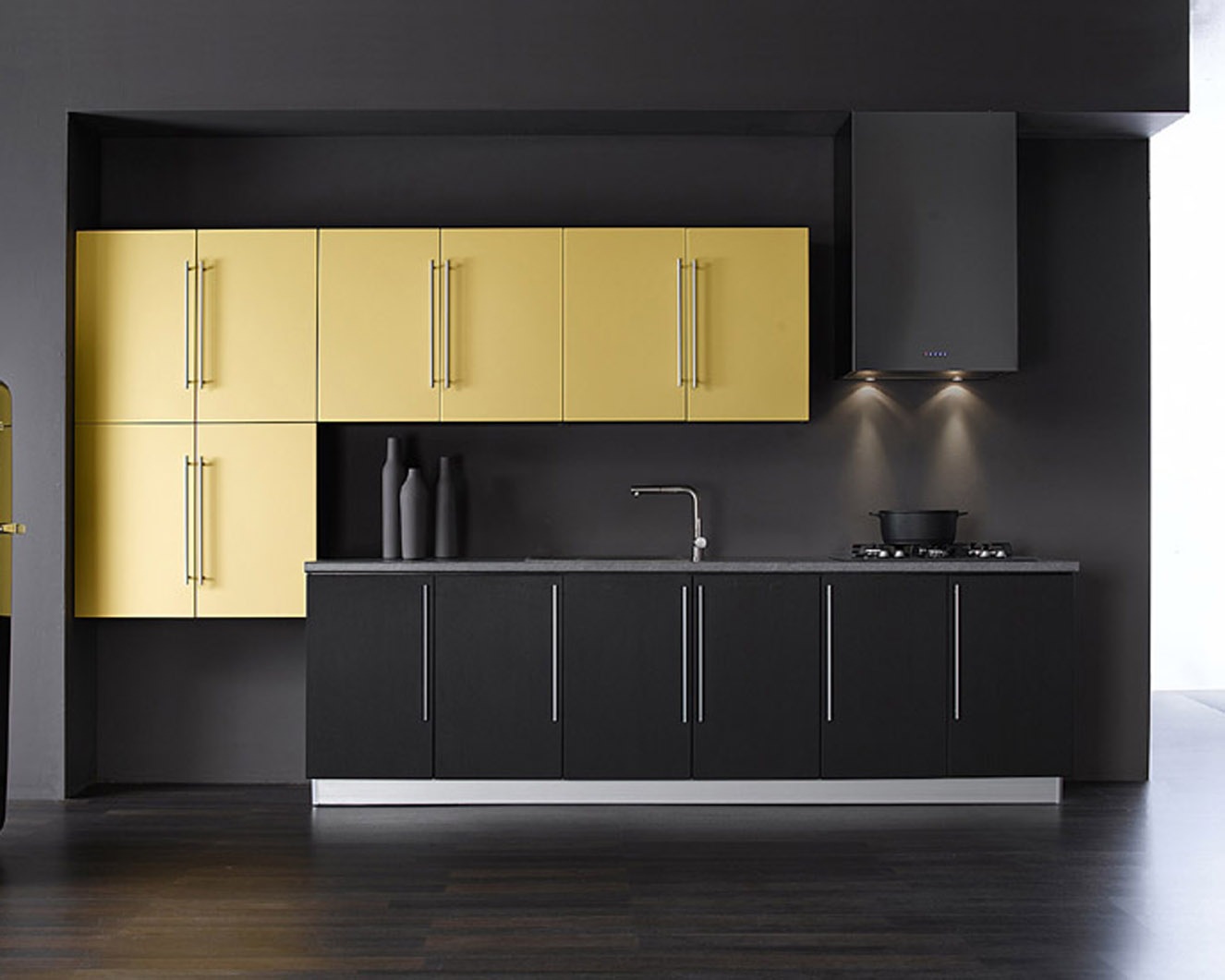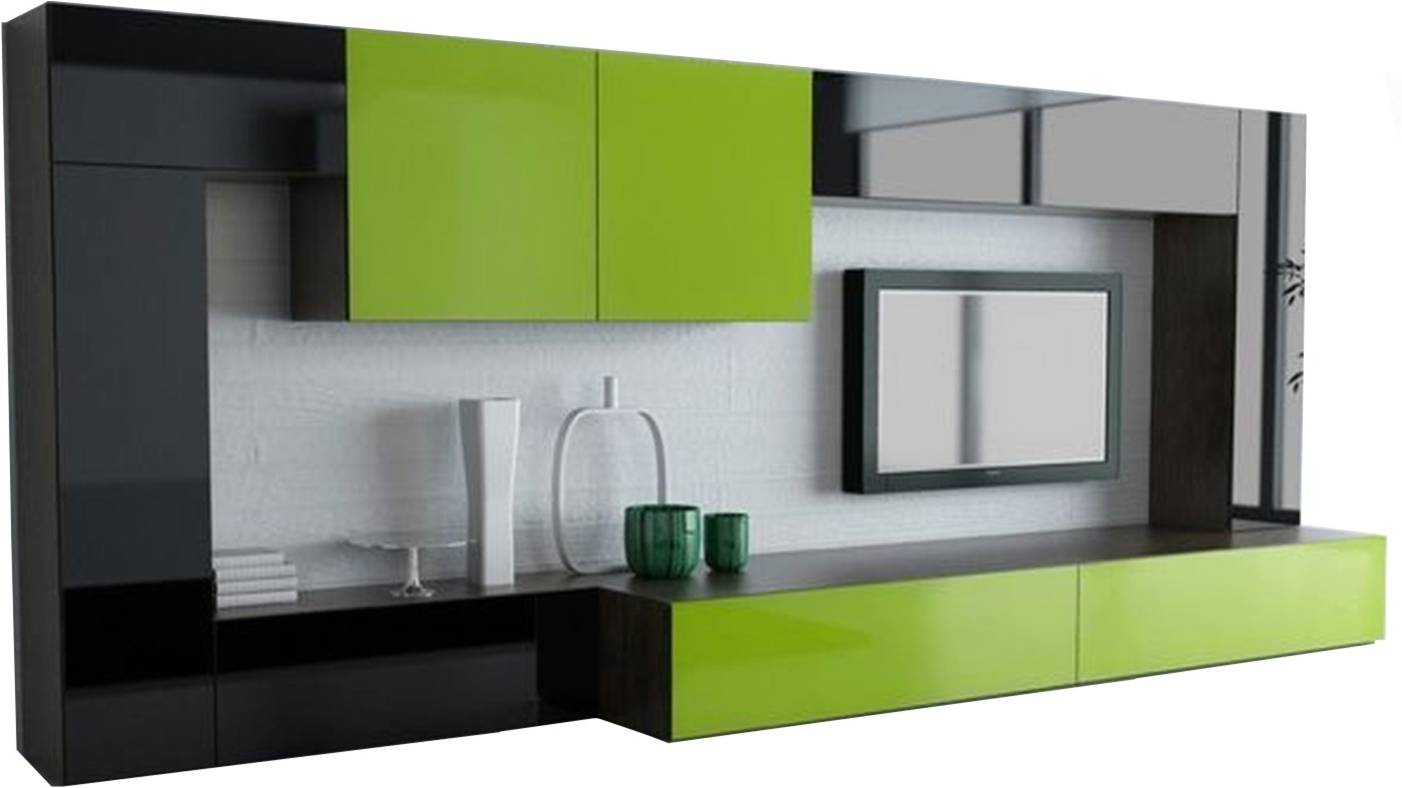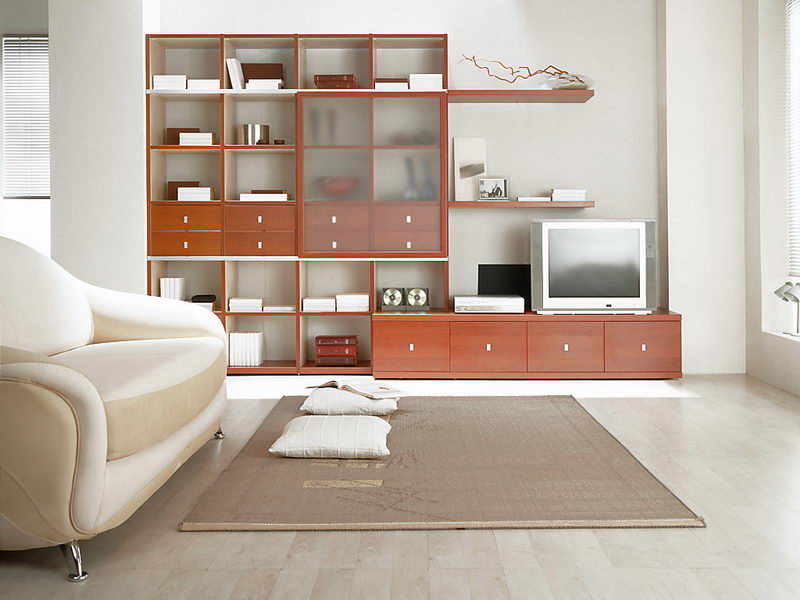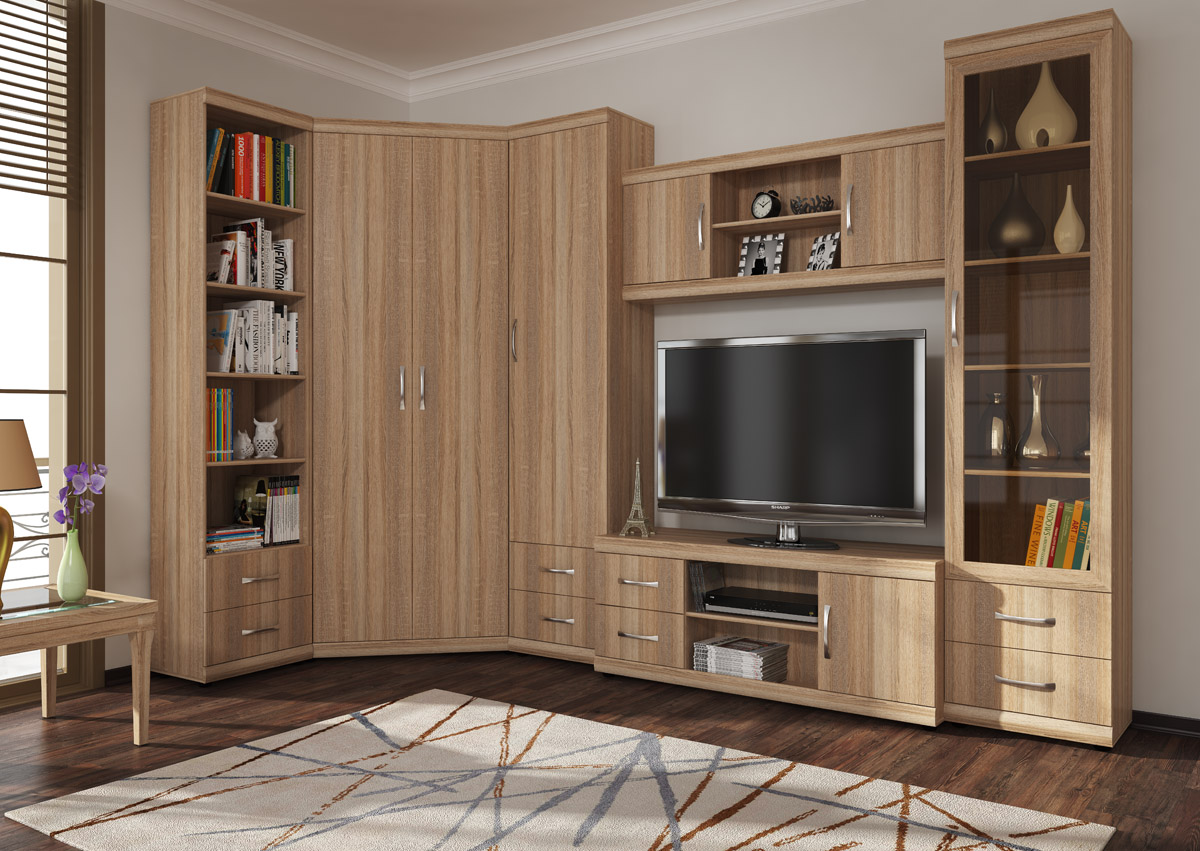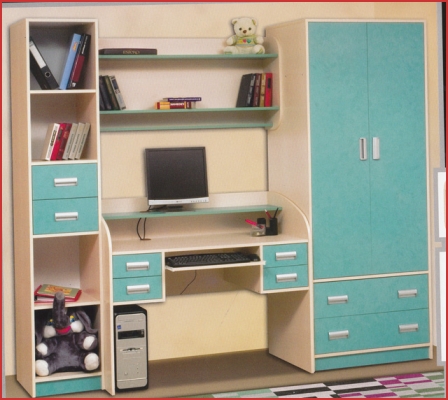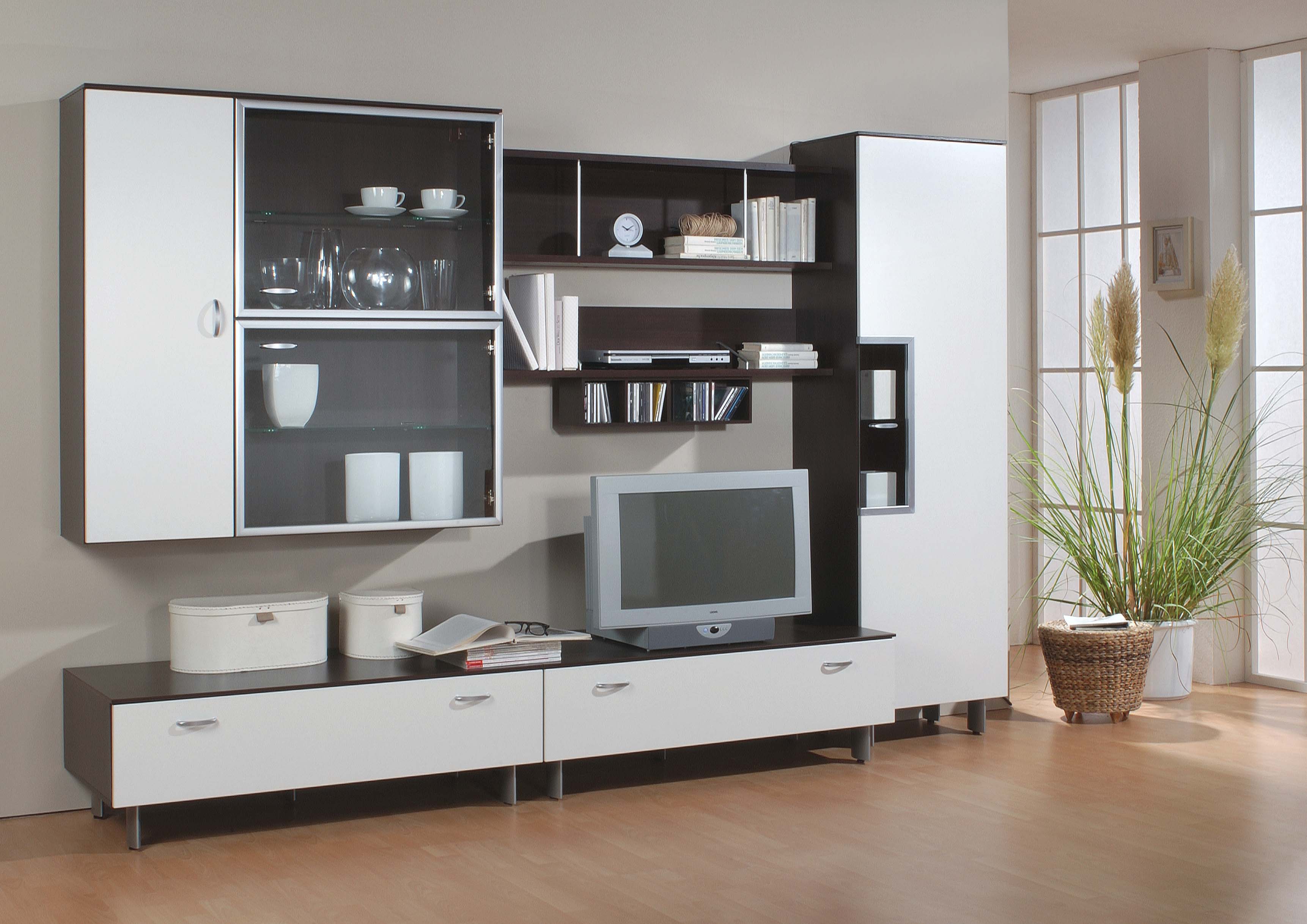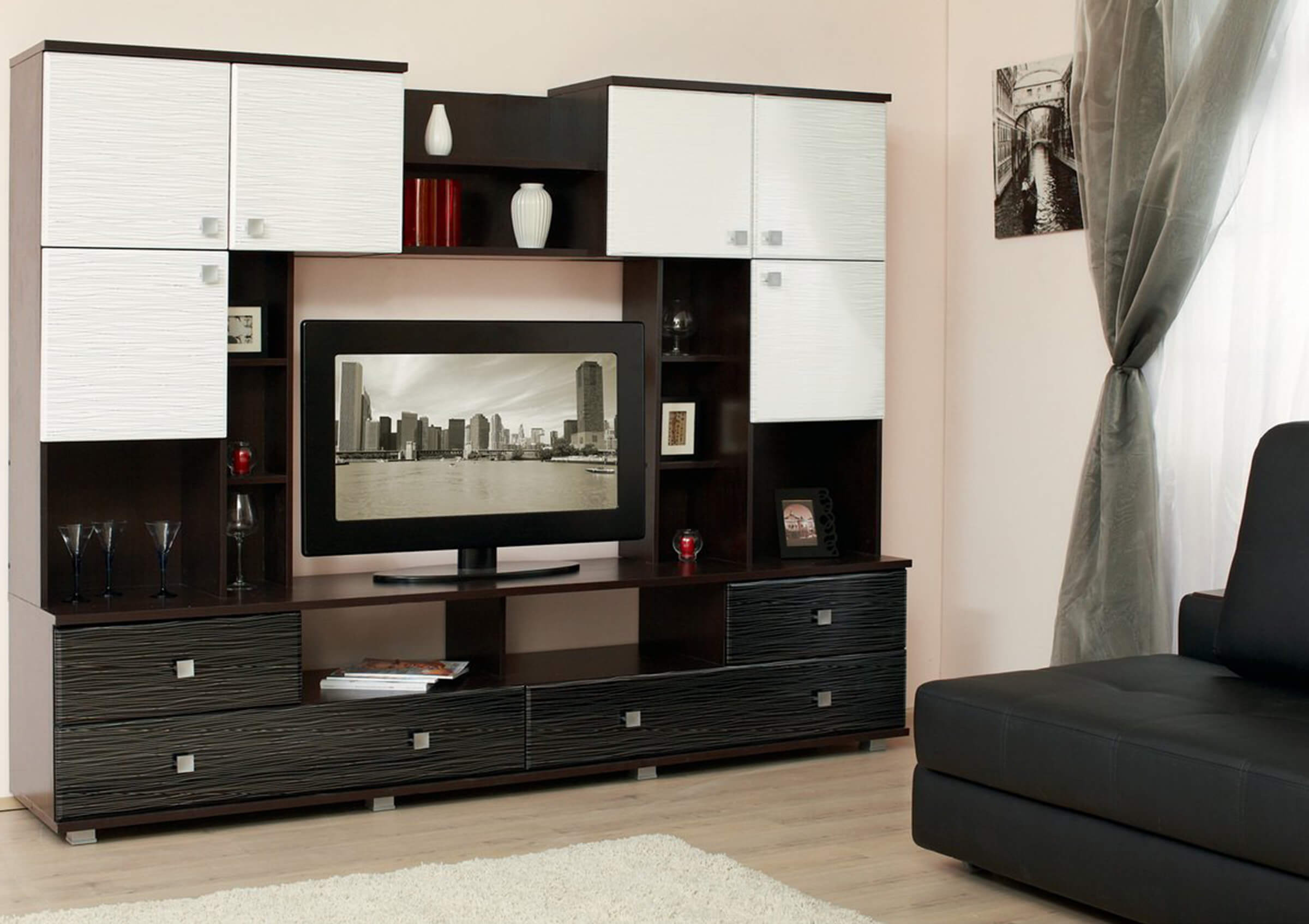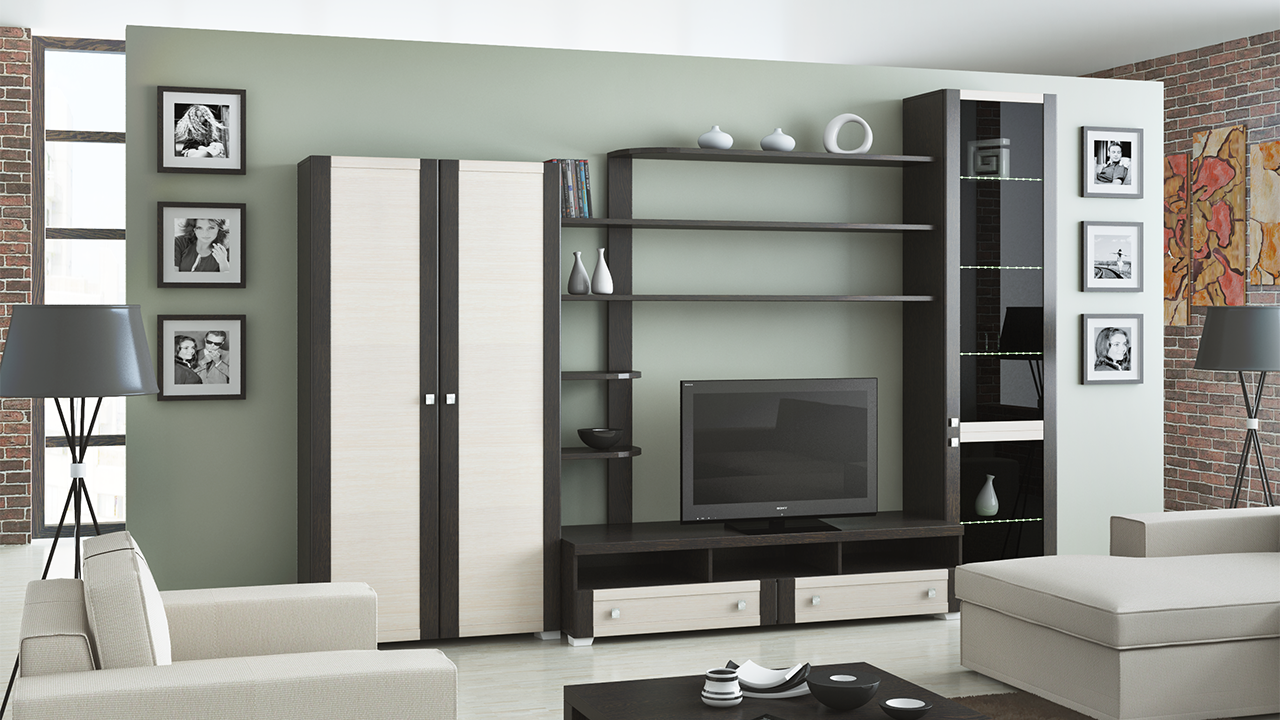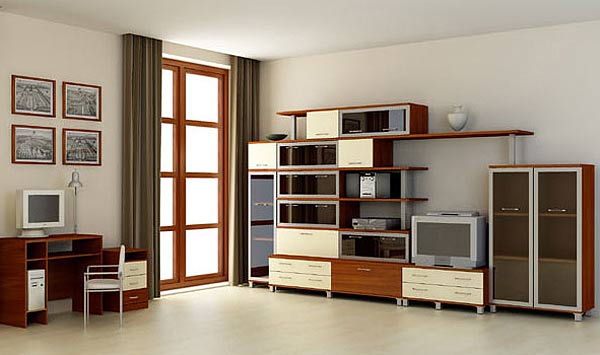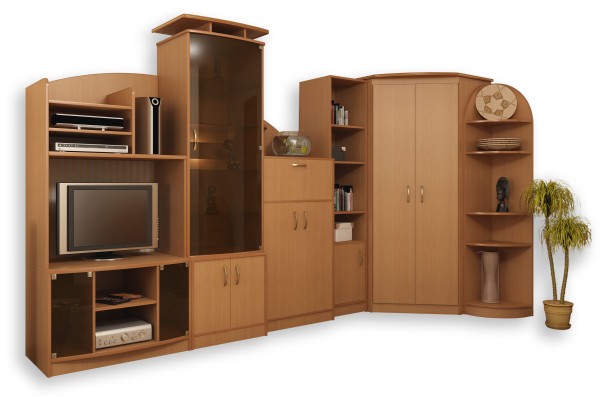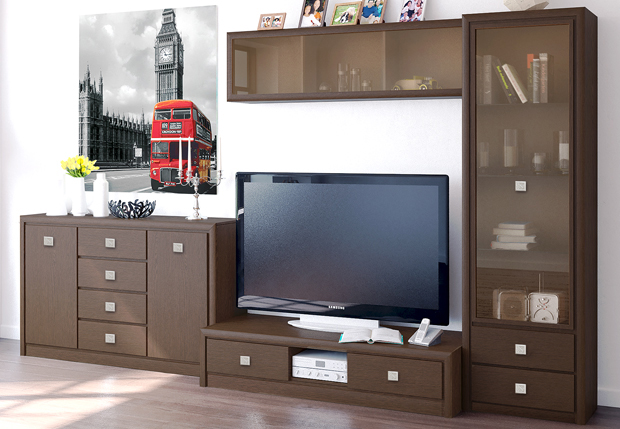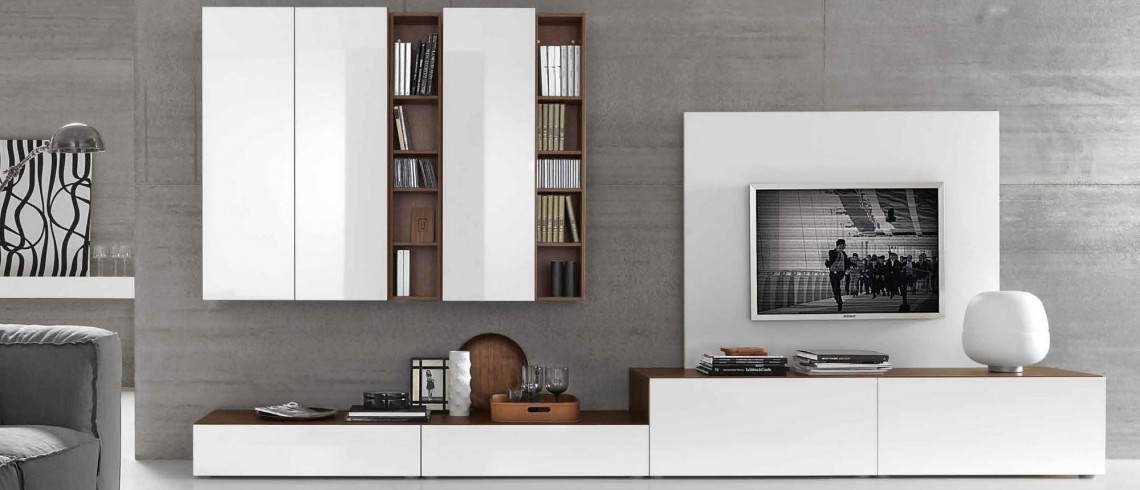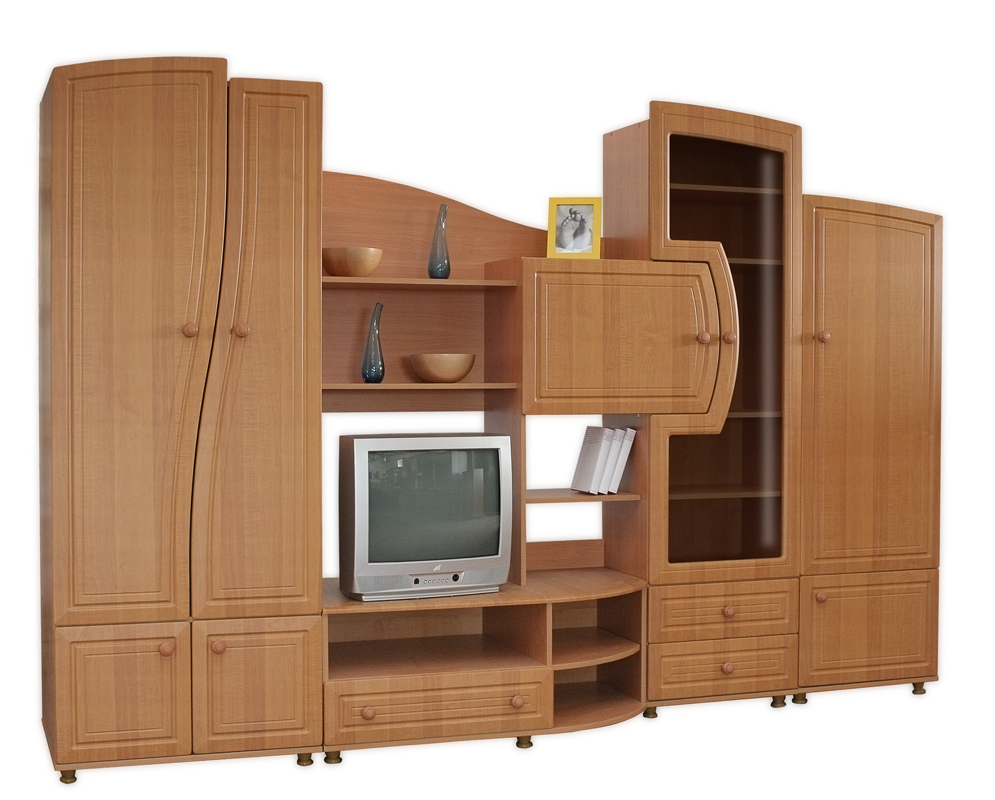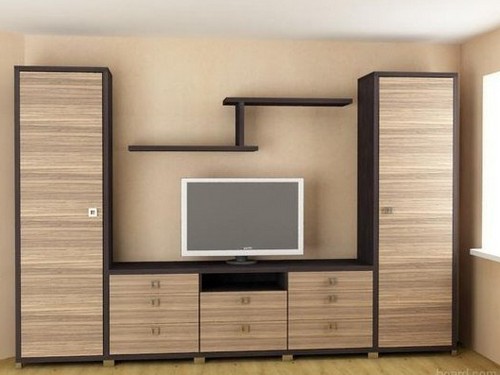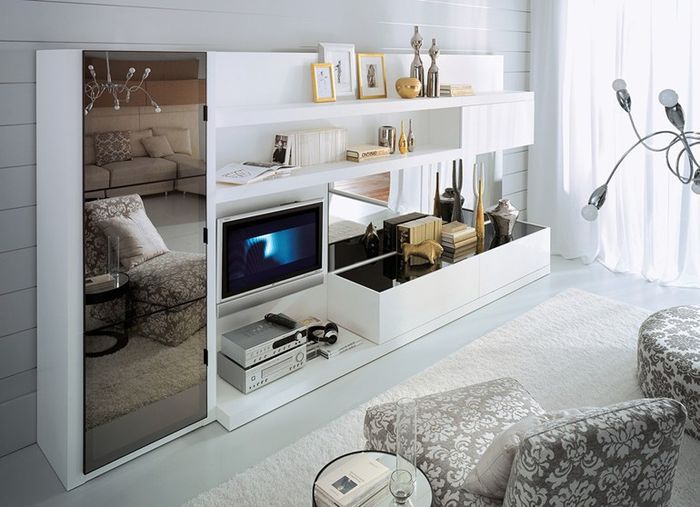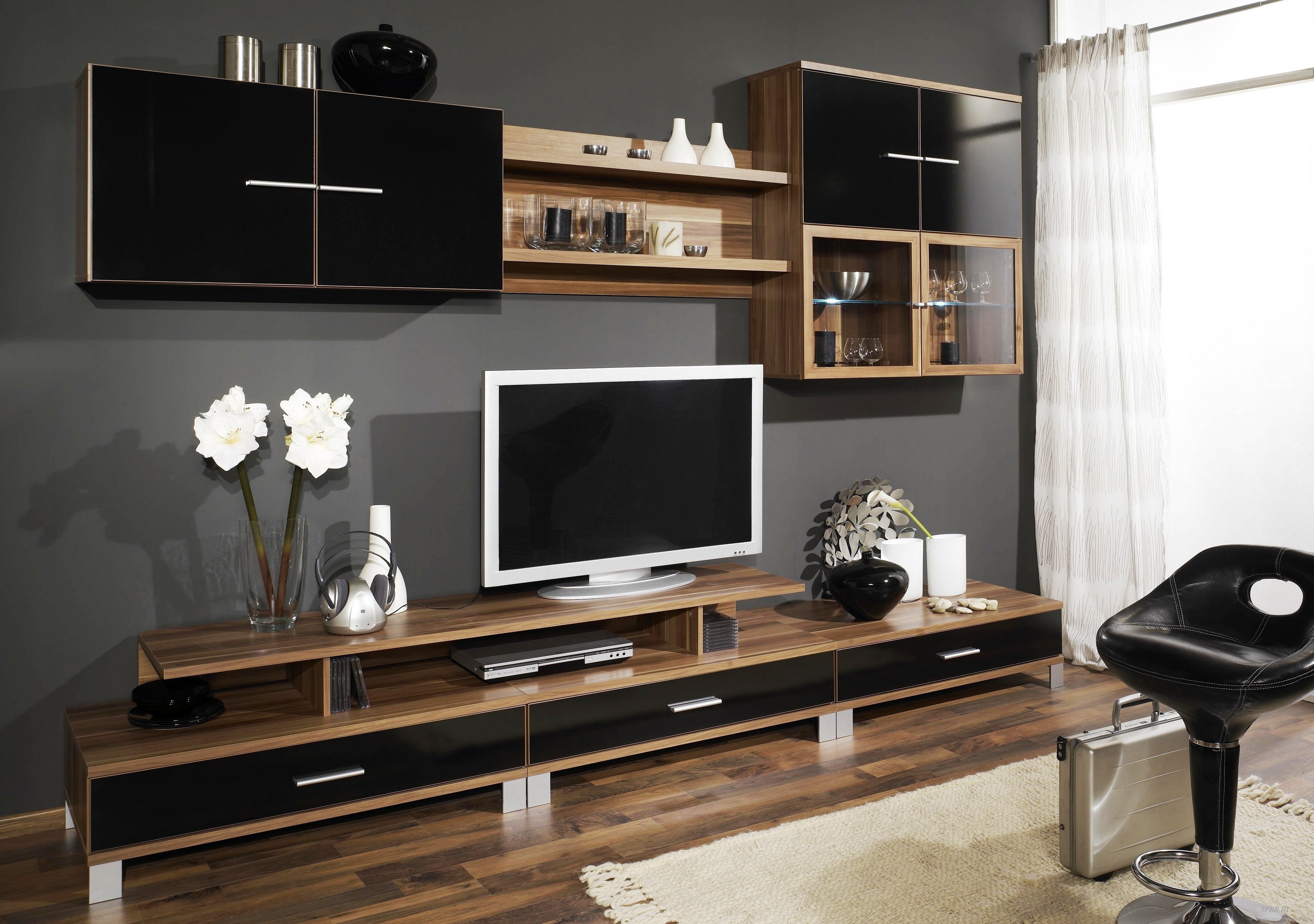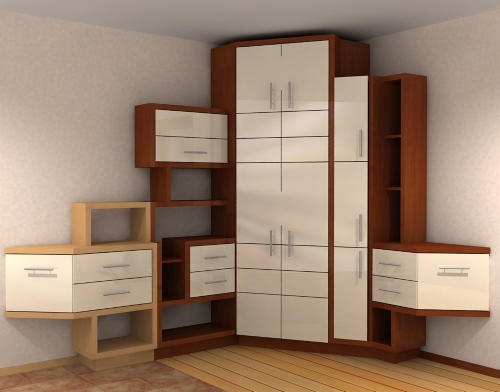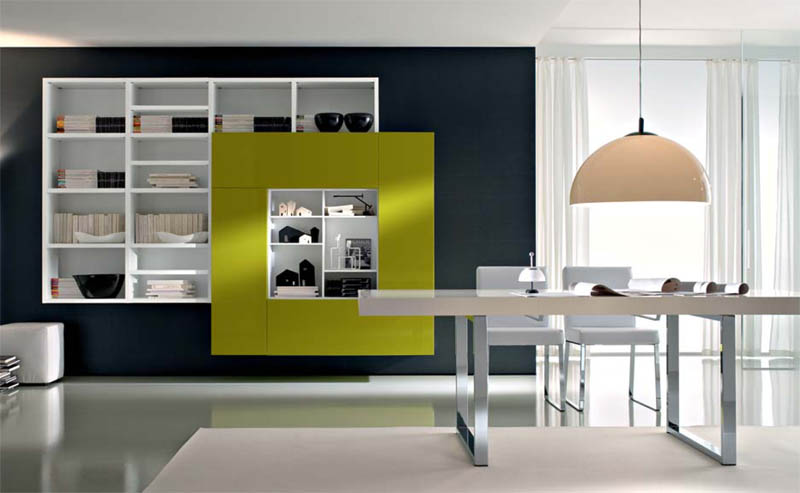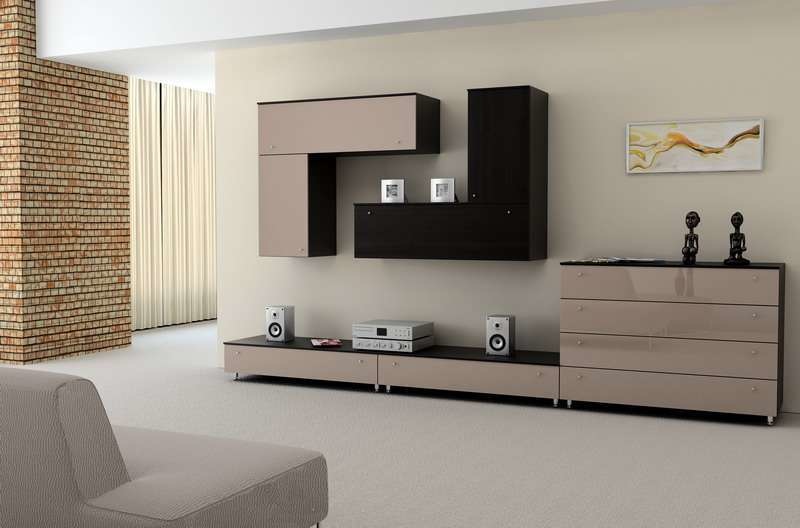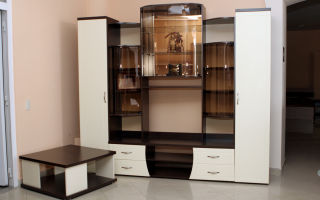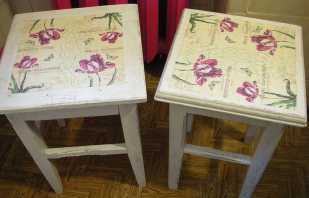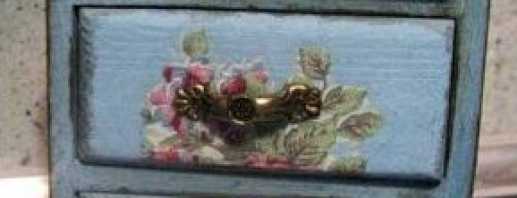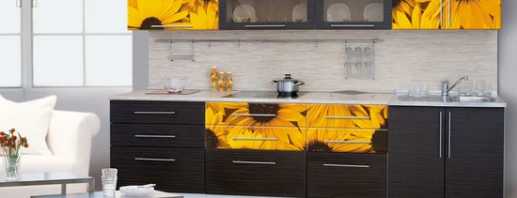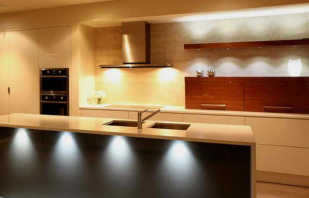What are furniture facades and how to choose
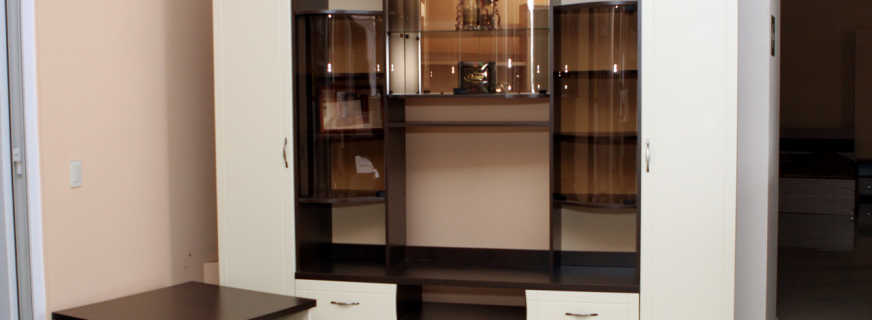
Facades are used for different types of cabinet or modular interior items. The appearance of the structures depends on them. Facades for furniture can differ in size, color, manufacturing material, thickness, decoration method and other characteristics. Usually they are quite easy to replace, which allows you to update the appearance of various objects of decor.
Content
Varieties
What is a furniture facade? It is represented by the front of any design. In order to properly design the “face” of cabinet furniture, you need to decide on the types of options. Initially, you need to figure out what facades are. They are classified based on material, shapes and manufacturing techniques.
According to the method of production, they are:
- Solid - such facades for furniture are represented by single panels, for the creation of which slabs of different thicknesses are used. They are dull panels, which are decorated on the front side in different ways. Press decoration is popular due to which an interesting relief is created, different linings or wooden elements are also used. Typically, such items are made of natural wood or glass, therefore, have a high cost;
- Frame or paneled - several layers are used to create them. Usually a structure is formed of two wooden layers and an internal element of MDF or veneered chipboard. This type of facade for furniture has an affordable cost, and due to the multilayer structure is highly durable.
By design, facades are:
- Straight - represented by standard elements that have exact dimensions. They are considered the most simple to manufacture. Direct facades are used in the manufacture of kitchens, cabinets and other types of traditional cabinet furniture;
- Curved furniture facades - used for exquisite interior items. May be convex or concave. Curved elements need the correct calculation, as they must exactly match the existing furniture. Small inaccuracies cause rapid destruction of the structure;
- Louvre facades - have an interesting appearance and ease of use. They can open not only in different directions, but also upwards. Furniture blinds are suitable for high-tech or office style;
- Radius - this option is selected directly for radius walls or cabinets. Other types of structures are not suitable for such facades. Furniture with a radiused facade looks interesting and contributes to a visual increase in space.
Additionally, the elements are divided according to other parameters, which include the material of manufacture, appearance, cost, country of manufacture, manufacturing company, the presence and characteristics of the coating, dimensions and other factors. Interior items are not always traditional, so the standard sizes of furniture facades may not be suitable, which leads to the need to contact production companies to create custom designs.
Materials of manufacture
When choosing designs, you should initially pay attention to the material used to create them. All types of furniture facades have their own characteristics, pluses and minuses, so it is advisable to study them in advance.
| Facade view | Features | pros | Minuses |
| Solid wood | It is considered a traditional material. A wood furniture facade is treated with antiseptics and fire retardants. The design can be solid or paneled. | Attractive appearance, environmental cleanliness, resistance to impact, ease of restoration, ample opportunities for decoration. | High cost, significant weight, low resistance to moisture and temperature changes, the inability to clean with abrasive substances. |
| MDF | To create the elements, MDF boards are used, covered with furniture enamel, varnish, films, plastic or veneer. Painted designs are considered interesting and affordable. Usually they have bright colors, and you can also choose glossy, matte or metallic coatings. | An interesting appearance, the ability to choose different colors, from MDF you can make objects of various shapes, ease of restoration. | Fade under the influence of sunlight or high temperature, it is easy to scratch the surface, it is not allowed to clean with abrasives. |
| Chipboard | Affordable, but not very attractive. They can have different colors and sizes. | Affordable cost, resistance to damage, all elements have strict geometric shapes. | Not too attractive appearance, the presence of harmful components in the composition, it is impossible to make complex and unusual forms, ease of damage. |
| Plastic | Facades, photos of which can be viewed below, can imitate various unique colors and coatings. Plastic is applied to the base of MDF or particleboard. | Huge selection of coatings, long service life, resistance to high temperature, humidity, shock, aggressive substances and sunlight, easy to clean. | Usually plastic glossy facades are created on which stains and dirt are visible, if a matte surface is chosen, then there are difficulties with its cleaning. |
| Glass | Glass facades refresh any interior. The material is ductile, so the elements can be straight or curved. Glass facades are made of tempered alloy or triplex. | A wide range of colors, long service life, resistance to shock, chemicals, high temperature and humidity, environmental safety. | High price, complexity of care, significant weight, lack of opportunity for restoration. |
| Metal | New furniture facades are often made of aluminum or stainless steel. Ideal for modern interiors. | High attractiveness, long service life, objects do not deform due to high humidity or temperature. | Significant cost, the aluminum profile fades over time, stains are clearly visible on glossy surfaces. |
Natural materials are often chosen, so you can find models made of bamboo or rattan, but they are considered not too durable. Italian furniture facades are often chosen by people, as manufacturers from Italy offer really high-quality products with an elegant look and high quality.
Coating and texture options
During the selection, not only the material used to create the structures is taken into account, but also their appearance. Different technologies can be used for decoration:
- Wood carving - carved facades look really attractive and elegant. The decoration process can be carried out independently or by professionals;
- Enameling - for this, high-quality enamel, fixed with varnish, is applied to the elements. Usually this decoration option is used for products from MDF or particleboard;
- Photo printing - the context of photo printing on furniture facades depends on the type of furniture, the chosen style of room decoration and the features of the elements themselves. The use of printing on the facades allows not only to decorate their appearance, but also to express the unique taste of the owners. You can choose not only ready-made images, but also your own photos. Furniture with a pattern on the facade is in demand in different interiors;
- Patination - it involves the artificial aging of furnishings. For this, special acrylic paints are used. Patinated furniture designs are great for classic interiors;
- Lamination - involves the application of a special film on products made of chipboard or even MDF. Lamination of the furniture facade allows you to get an attractive design that has a low price. The technology is applied for inexpensive interior items. Laminated facades can decorate kitchen sets, walls or cabinets.
Textures are selected depending on the appearance of the furniture itself, as well as the color scheme of the room in which it is installed. Therefore, you can choose the facades white, red or black, as well as imitating natural wood, metal, stone or other original textures. Before buying your favorite furniture facades, you need to correctly calculate the required number, for which the dimensions and shape of the piece of furniture for which they are intended are taken into account.
Which inserts can I use
For the decoration of facades, overlays and inserts made of various materials are often used. They allow you to get exquisite and vibrant interior items that have no analogues in the market. Frame facades are usually created from MDF, which is the foundation represented by the frame into which other materials are inserted. The most popular inserts are:
- Tempered glass or mirror surfaces, giving any furniture lightness and sophistication;
- Rattan or bamboo, suitable for unusual interiors in which natural materials are preferred;
- Low-cost plastic imitating various unique modern materials;
- Metal, with preference being given to forged fragments.
Facades of cabinet furniture are paramount elements on which the appearance of the entire product depends. For their production, different materials, combinations of decorative elements and coatings are used. The shape and size should ideally match the existing furniture, so you need to correctly calculate these indicators in advance. With the right choice of designs, a long service life and attractiveness of interior items are ensured.
A photo
Video


